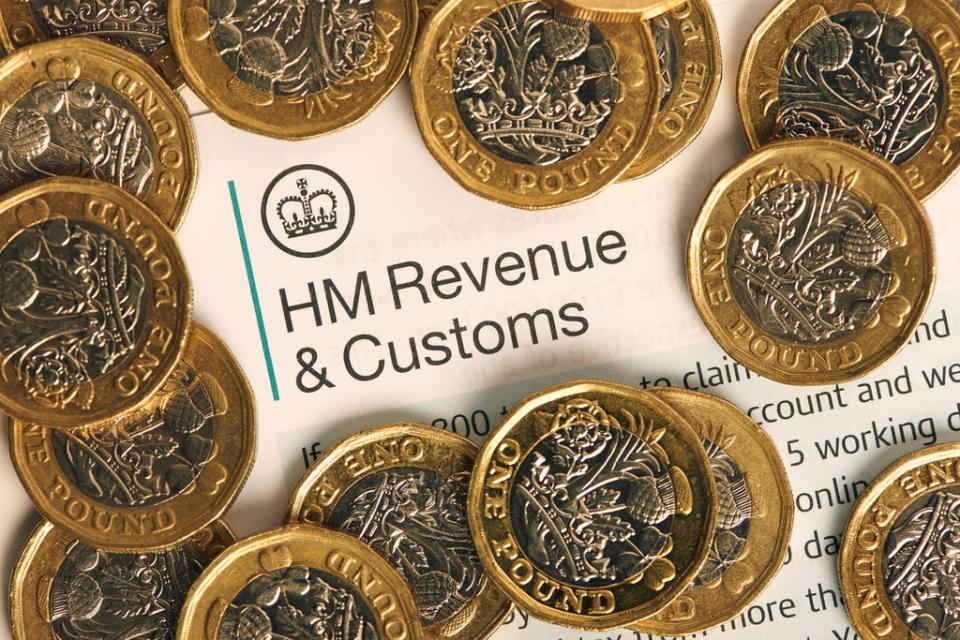Up to 2.4 million more taxpayers in debt to HMRC since pandemic began, watchdog finds

Up to 2.4 million more British taxpayers have fallen into debt to HM Revenue and Customs (HMRC) since early months of the Covid pandemic, a spending watchdog has discovered.
The UK’s tax debt burden ballooned from £16bn to £42bn between January 2020 and September 2021, a report by the National Audit Office (NAO) has found.
The taxman paused most debt collection activity as Britain went into its first Covid lockdown in March 2020, with payments of VAT and self-assessment income tax also deferred for several months.
The watchdog said HMRC faces “significant challenge” clearing the post-Covid backlog, warning that staffing levels are unlikely to be enough to manage the hugely-increased workload.
As the UK emerges from the pandemic, tax officials will need to strike a balance between pursuing debt while continuing to give individuals and businesses time to recover their finances, the NAO added.
The tax authority has forecast that it will have twice the usual level of debt to manage at the end of March 2022, with “several years” of higher-than-usual tax debts ahead.
It predicts total tax debt will shrink to £33bn by March 2022, but this assumes the pandemic has not changed repayment behaviour, according to the NAO.
It said that up to 2.4 million more UK taxpayers are in debt to HMRC when comparing September 2021 with January 2020.
The average amount taxpayers owe has increased to £6,800. The tax authority has prioritised which debts to chase based on the likely impact of the pandemic on the ability to pay.
The NAO suggested that HMRC should develop a revised strategy for recovering tax debt, which would consider the varying impacts of the pandemic on different taxpayers, and identify which are more able to pay and those most severely affected.
Gareth Davies, the head of the NAO, said: “HMRC faces several years of managing a far greater level of tax debt than it has seen in recent times, as a result of the Covid-19 pandemic.
“Some debtors have already been able to repay their tax debt quickly, but an unknown number of taxpayers have been badly affected and will struggle to do so. HMRC needs to significantly increase its capacity if it is to meet the changed scale and nature of the challenge.”
Labour MP Dame Meg Hillier, chair of the Public Accounts Committee, said the HMRC now faces a “careful balancing act”, adding: “It must quickly recover the unpaid taxes from those that can afford it, yet support those who are struggling to pay.”
A HMRC spokesperson said the body had offered extensive support for businesses and individuals during the pandemic through debt support schemes such as Time to Pay and VAT deferrals.
“The debt balance is reducing as the economy recovers and we re-engage with customers to understand their circumstances and agree Time to Pay arrangements where appropriate – and we expect it to fall further,” the spokesperson said.
“We have taken, and will continue to take, an understanding and supportive approach to dealing with those who have tax debts or are concerned about their ability to pay their tax.”
Read More
What is Plan B for tackling Covid in the UK this winter?
Bring back mandatory masks to defend against a winter Covid outbreak
Holidaymakers may need three jabs to travel abroad next summer
Job vacancies at record levels but black, disabled and older workers can’t find work
Hundreds more pigs to be culled as butcher visa scheme comes too late

 Yahoo Finance
Yahoo Finance 